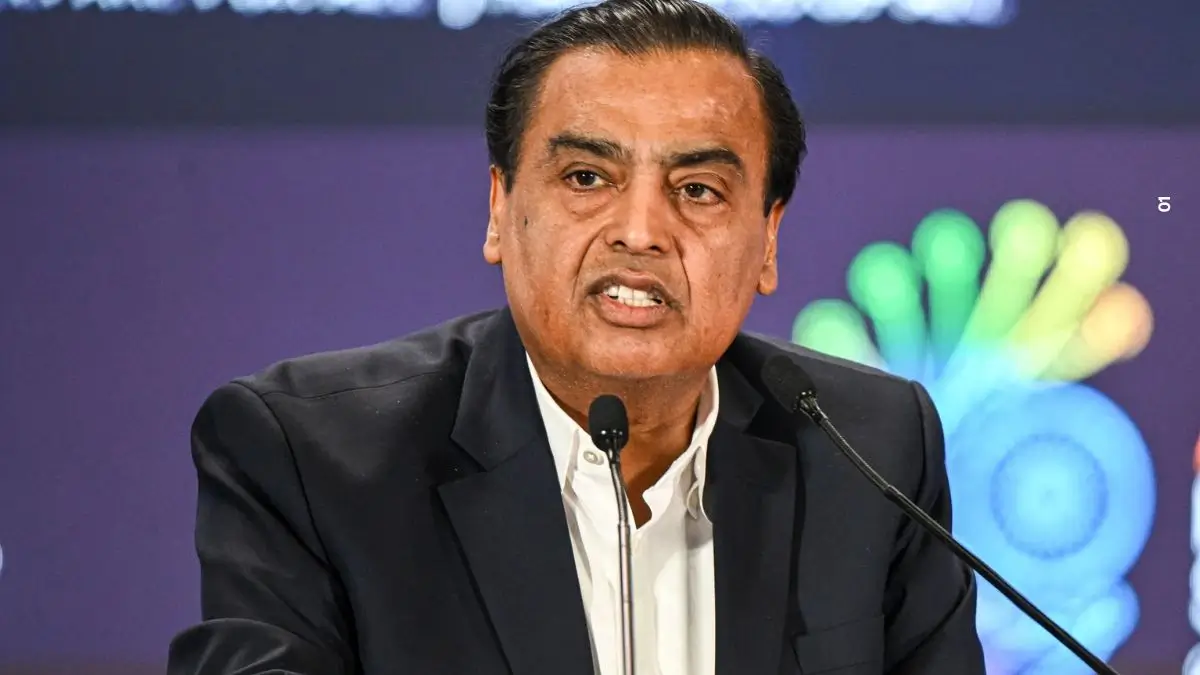UPI Transactions Reach Record High in October with ₹23.5 Trillion in Value
In a remarkable display of digital financial growth, the Unified Payments Interface (UPI) in India has achieved a significant milestone, recording a staggering transaction value of ₹23.5 trillion in October 2024. This achievement highlights the growing acceptance and reliance on digital payment systems across the nation, reflecting a transformation in consumer behavior and technological advancement in the financial sector.
Surge in UPI Transactions
The Reserve Bank of India (RBI) reported that UPI transactions in October surged to an all-time high, with over 8.2 billion transactions executed during the month. This marks an increase of approximately 50% from the same month last year. The convenience of UPI, which allows users to transfer money seamlessly using mobile applications, has been a key driver behind this explosive growth. With the proliferation of smartphones and increasing internet penetration, UPI has become the preferred mode of payment for millions of Indians, from small-scale vendors to large corporations.
Government Initiatives Fuel Growth
The Indian government has actively promoted digital payments to enhance financial inclusion and boost the economy. Initiatives such as the Digital India campaign and various financial literacy programs have played a crucial role in encouraging citizens to adopt cashless transactions. Additionally, the recent integration of UPI with international payment platforms has expanded its reach beyond the Indian market, further propelling its usage.
Impact on the Economy
The significant rise in UPI transactions is expected to have a positive impact on the overall economy. Increased digital transactions lead to greater transparency, reduced cash handling costs, and improved efficiency in the financial ecosystem. Furthermore, the rise of UPI supports the government’s efforts to move towards a cashless economy, enhancing the country’s digital infrastructure and promoting economic growth.
Future Prospects
With continuous advancements in technology and a supportive regulatory environment, the future of UPI looks promising. Financial institutions and fintech companies are likely to invest further in enhancing UPI’s capabilities, potentially introducing new features to improve user experience and security. As the adoption of digital payments continues to rise, UPI is set to play a pivotal role in shaping the future of banking and financial transactions in India.

Why This News is Important
Transformation of Payment Systems
The record-high UPI transactions in October underline a major shift in how financial transactions are conducted in India. With the digitalization of payments, traditional cash-based systems are gradually being replaced by more efficient, traceable, and secure digital methods. This transformation is vital for modernizing India’s economy and enhancing its global competitiveness.
Promoting Financial Inclusion
The surge in UPI usage signifies progress in financial inclusion efforts. By making financial services more accessible to all segments of society, particularly in rural and semi-urban areas, UPI is helping to empower individuals and businesses that were previously marginalized in the financial ecosystem.
Economic Growth Indicator
A spike in UPI transactions serves as an indicator of economic activity. Higher transaction values can reflect increased consumer spending, signaling a recovering economy post-pandemic. This data can also guide policymakers in making informed decisions regarding economic strategies and fiscal measures.
Encouragement for Digital Initiatives
This achievement acts as a motivational catalyst for further government initiatives to enhance digital literacy and promote digital payments. It showcases the effectiveness of existing campaigns and highlights the need for ongoing investment in digital infrastructure.
Global Benchmark
As UPI sets new records, it positions India as a global leader in digital payments. Other countries are observing this growth closely, which could inspire similar digital payment initiatives worldwide, enhancing India’s reputation in the global fintech landscape.
Historical Context
Emergence of UPI
The Unified Payments Interface (UPI) was launched in April 2016 by the National Payments Corporation of India (NPCI) as a platform to facilitate instant money transfers between bank accounts through mobile devices. UPI was developed to promote digital transactions and enhance the efficiency of the Indian payment system.
Growth Trajectory
Since its inception, UPI has witnessed exponential growth, evolving from handling a few thousand transactions in its early days to billions of transactions per month. The COVID-19 pandemic acted as a significant catalyst for this growth, as more individuals turned to contactless payment options to ensure safety and hygiene.
Policy Support
Government initiatives aimed at boosting digital payments, such as the Digital India campaign and the Pradhan Mantri Jan Dhan Yojana, have significantly contributed to UPI’s success. These initiatives not only provide access to banking services but also promote awareness of digital transactions among the masses.
Key Takeaways from “UPI Transactions Reach Record High”
| S.No | Key Takeaway |
|---|---|
| 1 | UPI transactions reached a record value of ₹23.5 trillion in October 2024. |
| 2 | Over 8.2 billion UPI transactions were conducted during the month. |
| 3 | The growth in UPI usage reflects a significant shift towards digital payments in India. |
| 4 | Government initiatives have been pivotal in promoting digital payments and financial inclusion. |
| 5 | UPI’s expansion beyond India is set to enhance its global presence in the fintech sector. |
Important FAQs for Students from this News
Q1: What is UPI?
A: Unified Payments Interface (UPI) is a real-time payment system developed by the National Payments Corporation of India (NPCI) to facilitate instant money transfers between bank accounts via mobile devices.
Q2: How has UPI grown over the years?
A: UPI has experienced exponential growth since its launch in 2016, with transaction volumes increasing from a few thousand to billions per month, especially spurred by the COVID-19 pandemic.
Q3: What role does the government play in promoting UPI?
A: The Indian government promotes UPI through initiatives like the Digital India campaign, which encourages digital payments and financial inclusion by enhancing access to banking services.
Q4: What impact does UPI have on the Indian economy?
A: UPI promotes a cashless economy, improves transaction efficiency, enhances financial inclusion, and supports economic growth by increasing consumer spending and transparency.
Q5: Can UPI transactions be made internationally?
A: Yes, UPI has recently expanded its reach to include international payment platforms, allowing users to transact globally, which is expected to further increase its usage.
Some Important Current Affairs Links

















